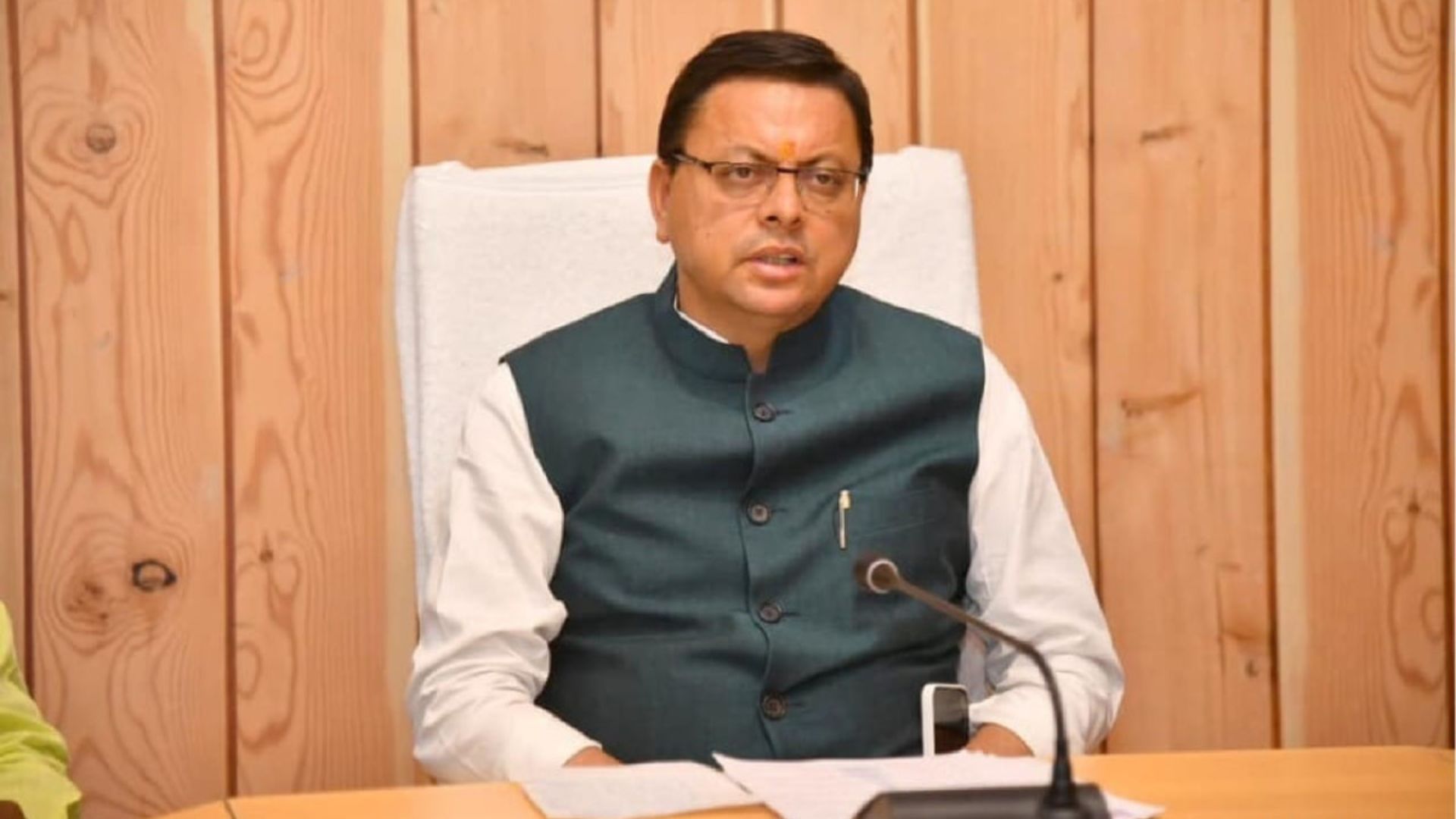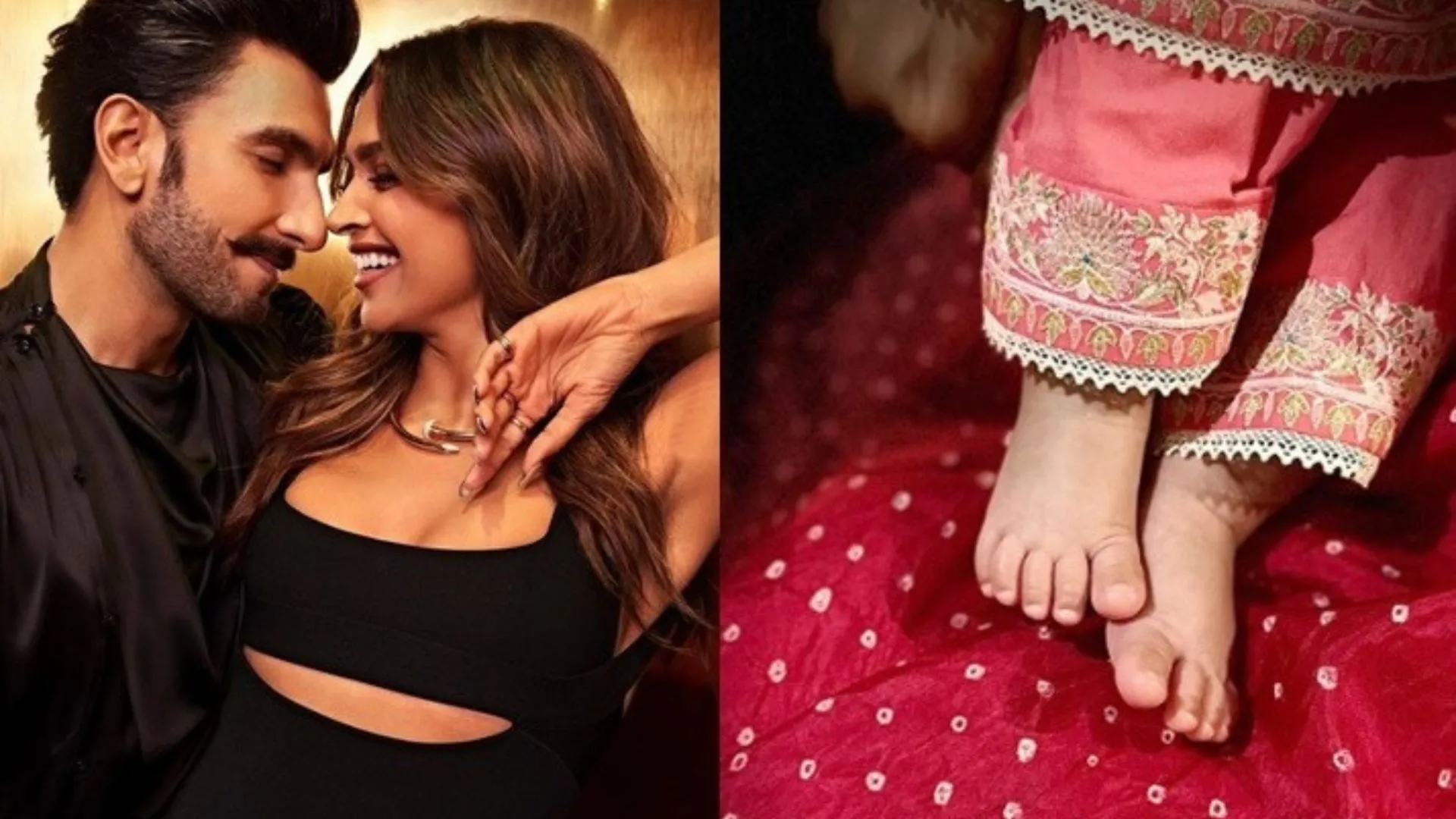Pushkar Singh Dhami, the chief minister of Uttarakhand, introduced the Uniform Civil Code (UCC) bill in the state legislature on Tuesday. Uttarakhand would be the first post-independence state to apply UCC if the assembly approves it and it becomes an Act. A four-day special session of the Assembly has been called from February 5-8 to pass the law regarding the Uniform Civil Code.
The Uttarakhand Cabinet gave its approval to the draft report of the Uniform Civil Code (UCC). Retired Supreme Court judge Ranjana Prakash Desai headed the UCC drafting committee. The UCC is a suggested collection of uniform laws designed for all inhabitants of Uttarakhand, irrespective of their religion, caste, or gender.
Key Highlights of Uttarakhand’s UCC Draft Report
The UCC aims to replace distinct personal laws related to marriage, divorce, adoption, and inheritance, guided by Article 44 of the Constitution, promoting a single set of personal laws applicable to all citizens. Key proposals include prohibiting polygamy, halal, iddat, triple talaq, and child marriage. The UCC also suggests a uniform age for girls’ marriage, equal rights for divorce, strict provisions for live-in relationships, mandatory registration, and consequences for non-compliance.
Some major points of drafts are given here:
- The minimum age for marriage of girls in all religions will be 18 years and 21 years for men.
- Equal rights for divorce between men and women.
- Strict provisions have been made for live-in relationships when the Uniform Civil Code comes into force. If one does not follow the set standards, he/she will have to face financial penalty and may even have to go to jail.
- Only an adult man and an adult woman will be able to live in a live-in relationship. That too if they are not already married or in a live-in relationship with someone else.
- It is necessary to declare live in relationship or 6 months imprisonment for not getting live-in registration done.
- Children born in live-in marriage have equal rights in property.
- There are no conditions for a woman to remarry
- Prohibition on polygamy, no second marriage while husband or wife is alive
- Registration of marriage is necessary, there is no facility without registration.
- Girls have equal rights in inheritance
Uniform Civil Code concern
- With a focus on gender equality, the UCC draft aims to treat men and women equally in matters of inheritance and marriage, potentially extending a 25% property share to Muslim women.
- The draft exempts Scheduled Tribes (STs), addressing their concerns about cultural identity and autonomy.
- However, concerns have been raised about the UCC draft potentially infringing on fundamental rights of religious freedom and personal liberty. Critics argue that it imposes a uniform code without respecting India’s diversity.
- Additionally, activists claim that the draft may not adequately address the issues and aspirations of the STs, posing a threat to their cultural identity and autonomy.
What is Article 162?
Article 162 of the Indian Constitution suggests that the constitution of a committee to introduce and implement the UCC cannot be challenged as ultra vires, given the executive power of the State and the legislative authority regarding the Concurrent List.














